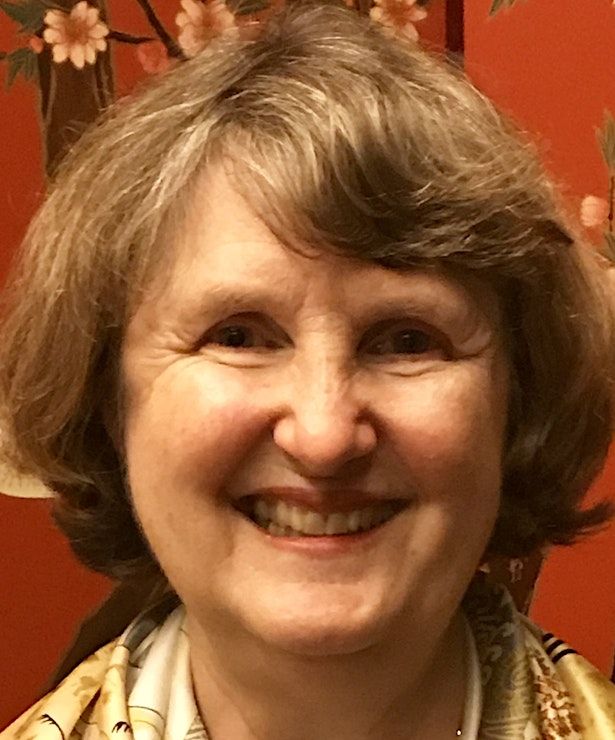Attachment, Neurodevelopment & Psychopathology Training
Schedule
Sat, 15 Feb, 2025 at 09:00 am to Sun, 16 Feb, 2025 at 03:00 am
UTC-08:00Location
Marina Village Conference Center | San Diego, CA

About this Event
Attachment, Neurodevelopment & Psychopathology (ANP)
This course focuses on the development, prevention and treatment of psychological disorder. It weaves together theory, human development, assessment, case examples and treatment applications to reframe maladaptive behavior in terms of strategies for self-protection that, having been adaptive in one context, are misapplied in other contexts. ANP focuses on adaptation from infancy to adulthood, emphasizing developmental pathways that carry risk for maladaptation.
ANP is intended for professionals who work with troubled families or individuals including: psychiatrists, psychologists, lawyers, social workers, teachers, educators, and occupational therapists.
The model used is the Dynamic-Maturational Model (DMM) of Attachment and Adaptation (Crittenden, 2016). The DMM is relevant to individuals who are at-risk, have been exposed to danger, display disturbed or maladaptive behavior, or are diagnosed as having a psychiatric disorder. A particular emphasis is cultural influences on adaptation.
The course is structured developmentally and consists of lecture with slides, video-recordings and interview transcripts to demonstrate the principles of development and a range of developmental pathways.
An introduction is given to the DMM diagnostic assessments of attachment:
• Infant CARE-Index (ICI, infancy from birth to 24 months)
• Ainsworth Strange Situation (SSP, 11-15 months)
• Toddler CARE-Index (TCI, 15-36 months)
• Preschool Assessment of Attachment (PAA, 2 - 5 years)
• School-age Assessment of Attachment (SAA, 6-13 years)
• Family Drawings (4 -13 years)
• Transition to Adulthood Attachment Interview (TAAI, 16-25 years)
• Adult Attachment Interview (AAI, 25 years and older)
• Parents Interview
Each day’s presentation includes:
1. A developmental overview
2. Information processing as it affects self- and child-protective behavior
3. Description of new self-protective strategies that develop at each age level
4. An application of DMM ideas to generate novel treatment approaches.Treatment strategies drawn from all the major theories of treatment and selected on the basis of information processing and strategy (rather than psychiatric diagnosis).
The ANP course is a prerequisite to all assessment courses except the ICI.
Two related courses are offered. One is a set of readings and exercises, tied to each day’s material; it is offered as a separate ANP Readings course. In addition, professionals who have taken both ANP and ANP Readings are eligible to take the Screening Functional Formulation Course (SFF) in which participants carry out a mentored case study. Participants in both ANP Readings and SFF receive certificates for their work. ANP participants receive an acknowledgment on enrolement and payment.

Dr. Patricia Crittenden, PhD is a developmental psychopathologist with many years’ experience as an academic and practitioner in child maltreatment, attachment theory and family therapy. She was taught by Mary Ainsworth and was on the Faculties of Psychology at the Universities of Virginia and Miami. She held visiting positions at the Universities of Helsinki and Bologna, the Clark Institute of Psychiatry (Canada), San Diego State University (USA) and Edith Cowan University (Australia). She developed the Dynamic-Maturational Model (DMM) of Attachment and Adaptation and is one of the founders of the International Association for the Study of Attachment (IASA). In 2004, she received a Career Achievement Award from the European Family Therapy Association. She has published more than 150 scientific papers and several books.
Where is it happening?
Marina Village Conference Center, 1936 Quivira Way, San Diego, United StatesEvent Location & Nearby Stays:
USD 0.00 to USD 572.14




















